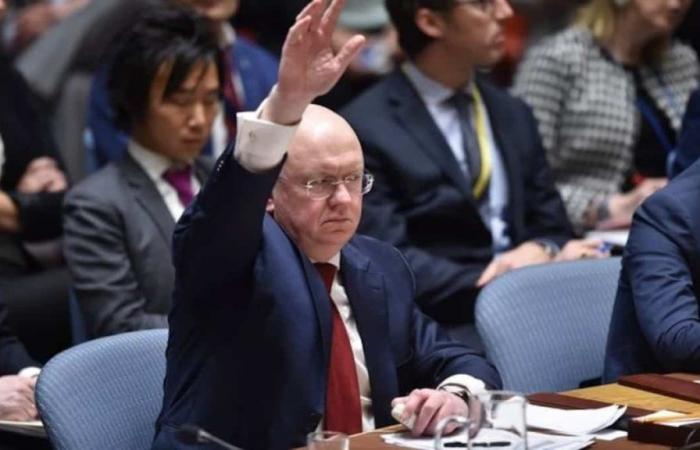In March 2022, the UN General Assembly adopted a resolution demanding that Russia withdraw its troops from Ukraine. His resolutions are in reality only manifestations of good intentions. The real authority lies with the UN Security Council, whose resolutions are legally binding.
Its five permanent members with nuclear weapons (United States, France, Great Britain, Russia, China) have the right of veto.
It is the major failure of the UN as an institution to be unable to act if one of these great powers is involved in the conflict.
Veto for Gaza as for Ukraine
The veto gives Russia immunity in Ukraine. The United States does the same to protect itself and its friends. Of the 83 times they used their veto in the Security Council, they did so 42 times to oppose resolutions condemning Israel.
On Gaza, they vetoed a resolution calling for a ceasefire last December and, during Biden’s trip to Israel, had already vetoed a resolution calling for “humanitarian pauses.” The US representative to the Security Council defended Israel’s right to self-defense, saying diplomacy must be allowed to “play its role.”
On the Palestinian side, Russia and China vetoed a US resolution that demanded the immediate release of Hamas hostages and called for allowing “all measures” of humanitarian aid to Gaza. But not a ceasefire.
The United Nations is a vital institution designed to promote peace and security. The current wars in Ukraine and the Middle East show the limits of its influence and the organizational deficiencies that prevent it from being effective.
Will the UN end up like the League of Nations?
It was American President Woodrow Wilson who founded the League of Nations after the end of the First World War. Through peace he wanted to make the world safe for democracy. The League was to ensure collective security, settle disputes by arbitration and defend victims of aggression.
This beautiful project which failed got off to a very bad start. The U.S. Senate, in an affront to Wilson, refused to ratify the pact, and the United States never became a member.
A succession of international crises in the 1930s demonstrated the impotence of the organization in the face of aggression from Italy, Japan and Nazi Germany. The parallel to be drawn with today’s world is disturbing… and despairing.
The UN still plays an indispensable role in many other respects. Its conventions, standards and those of affiliated organizations govern vast areas ranging from health to telecommunications and navigation.
Its humanitarian relief agencies are courageously working on the ground in Gaza, Lebanon, Sudan and other areas torn by war or plagued by disasters like famine and epidemics.






